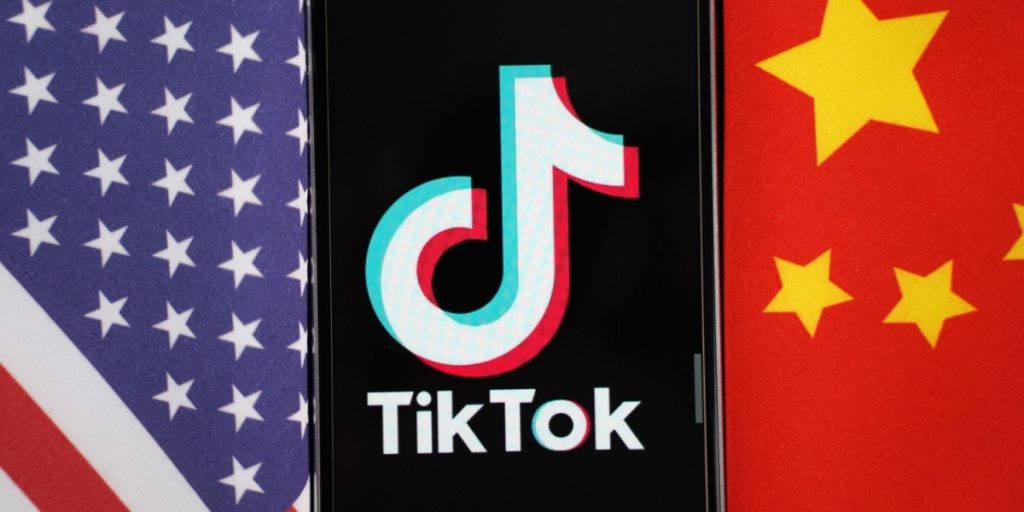A surprise bill proposing a TikTok ban in the US is swiftly moving through Congress, catching TikTok executives off-guard.
Others are reading now
In an unexpected turn of events, a bill aiming to ban TikTok in the United States is rapidly making its way through Congress, catching the social media giant off guard.
The Wall Street Journal has disclosed that the proposed legislation, spearheaded by Republican Representative Mike Gallagher of Wisconsin and Democratic Representative Raja Krishnamoorthi of Illinois, mandates that ByteDance, TikTok’s parent company, must either sell the app to non-Chinese entities or face a complete ban in the US.
Despite keeping an eye on the legislative process, TikTok’s leadership was taken aback by the bill’s swift passage through the House. The legislation received unanimous approval from the House Energy and Commerce Committee last Thursday and is poised for a vote in the House this Wednesday.
Should it succeed, the bill will proceed to the Senate and potentially onto President Joe Biden’s desk, who has hinted at his willingness to sign it into law. This move comes in spite of the president himself being an active user of the platform, a decision aimed at engaging with voters.
Also read
A Divided Response
TikTok has publicly criticized the bill.
“The government is attempting to strip 170 million Americans of their Constitutional right to free expression,” the company told Business Insider in a statement. “This will damage millions of businesses, deny artists an audience, and destroy the livelihoods of countless creators across the country.”
Recent polls indicate that a vast majority of TikTok users oppose the ban, with 73% of daily users against the proposed legislation.
The bill’s future in the Senate remains uncertain, with notable figures like Senators Rand Paul and Lindsay Graham expressing reservations.
“I don’t think we should ban ownership in companies because we don’t like some of the different governments that are involved or some of the different countries,” Paul told the Journal.
The debate has also attracted attention from personalities outside of politics, including former President Donald Trump and entrepreneur Elon Musk, who have voiced opposition to the ban.
Critics of the bill argue that the focus on TikTok overlooks broader issues of data privacy with other tech giants like Meta and Google.
“Here’s the reality: asserting that TikTok stands alone as the one platform that poses a serious surveillance threat to our nation’s youth is deliberately missing the Big Tech forest for the TikTok trees,” Senator Ed Markey stated.
Meanwhile, American business leaders, including former Activision CEO Bobby Kotick, have shown interest in acquiring the app, suggesting ongoing discussions about its fate. The controversy stems from concerns that TikTok might share user data with the Chinese government, a claim the company has steadfastly denied.
In response to the legislative push, TikTok went on the offensive and urged its user base to oppose the bill, and to contact their representatives to let them know they opposed it.


